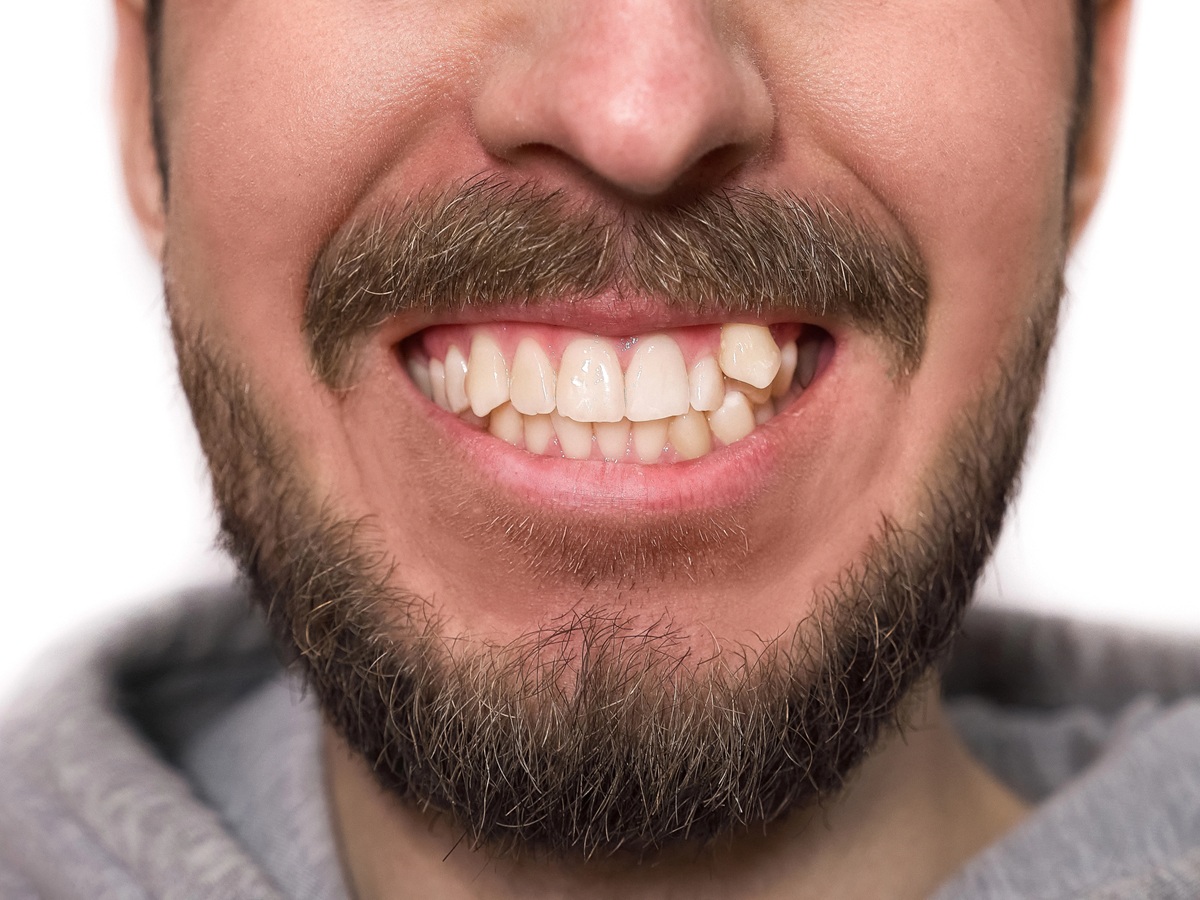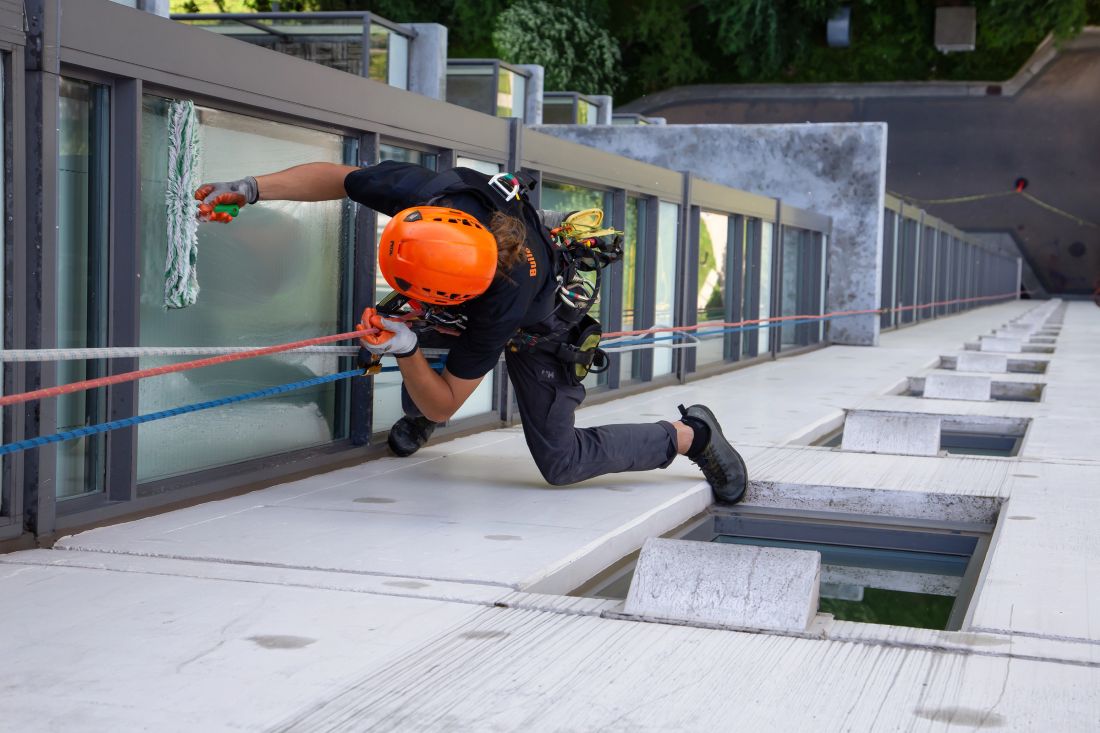In the trades, safety protocols, gear checks, and high-vis standards dominate the conversation. Yet, oral health—particularly tooth alignment—remains one of the most overlooked contributors to overall well-being on site. Crooked teeth aren’t merely a cosmetic concern. They can subtly affect speech clarity, cause strain throughout the jaw and neck, and disrupt sleep quality. These seemingly minor issues accumulate, affecting alertness, stamina, and reaction time—all of which are vital to job site safety.
Across Auckland, thousands of tradies work in physically demanding environments. Whether it’s civil construction, roofing, plumbing, or machinery-heavy roles, their performance depends on sustained clarity, focus, and comfort. Malocclusion—commonly referred to as crooked teeth—can quietly erode these foundations, increasing the risk of injury, burnout, and long-term health problems.
Key Takeaways
- Misaligned teeth can contribute to speech difficulties, compromised sleep, and musculoskeletal tension that directly impacts safety and endurance on the job.
- Crooked teeth are often linked to long-term issues like fatigue, headaches, jaw discomfort, and unclear communication—especially problematic when wearing masks or respirators.
- Orthodontists registered with the New Zealand Association of Orthodontists (NZAO) offer expert-led care designed with working adults in mind, including discreet treatment options suitable for busy tradie lifestyles.
- Clear aligners and low-profile braces support treatment without interrupting workflow, PPE fit, or daily site duties.
- Addressing alignment concerns improves long-term physical health, clarity on site, and resilience across physically intense industries.
- Investing in orthodontic care may reduce injury risks and enhance career longevity through improved posture, breathing, and functional mobility.
The Link Between Oral Alignment and On-Site Safety
Verbal clarity is paramount on-site. Whether issuing instructions or responding to time-sensitive cues, tradies must be heard and understood clearly. Malocclusion can interfere with speech articulation, especially under stress or while wearing protective equipment. Restricted tongue movement or crowded teeth may result in muffled speech, which introduces unnecessary risk.
Beyond communication, jaw misalignment impacts physical well-being. Jaw strain often manifests in neck and shoulder tension, contributing to chronic discomfort and reduced range of motion. For tradies engaged in repetitive lifting or tool use, this strain undermines posture, endurance, and day-to-day recovery.
Breathing also matters. Malocclusion can affect the airway, reducing sleep quality and oxygen intake. Over time, poor sleep translates into slower reaction times and diminished alertness—hazards in high-risk work zones. Chronic fatigue also leads to more frequent on-the-job errors, longer recovery from exertion, and reduced physical coordination.
Spotting the Red Flags: Is Alignment Holding You Back?
Many experienced tradies adapt over time to oral discomfort. Jaw tension, speech issues, and disrupted sleep may become part of their routine—until those symptoms affect work performance. Recognising early signs is crucial:
- Persistent jaw clenching or grinding—particularly during periods of stress
- Recurring headaches or upper body stiffness following long workdays
- Struggling to enunciate clearly when using respiratory protection
- Bite discomfort or signs of uneven tooth wear
- Noticing fatigue even after a full night’s sleep
- Difficulty chewing or swallowing due to misaligned teeth
If these indicators sound familiar, it may be time to take a closer look. It may be useful to learn more about the science behind crooked teeth and its influence on overall function. Subtle oral imbalances often extend their effects well beyond the jaw.
Why Tradies Should Choose an NZAO-Registered Orthodontist
Orthodontic expertise extends well beyond general dental care. Members of the NZAO are recognised for their advanced training and adherence to evidence-based practice. Their guidance is especially valuable for adults in the trades who require practical, durable, and discreet solutions.
Choosing an NZAO-registered orthodontist means working with someone who understands the lifestyle demands of physical work. They tailor recommendations to suit daily conditions—such as helmets, respirators, fluctuating shift patterns, and limited downtime.
For many Auckland tradies, treatment is not about appearance but long-term function. A properly aligned bite reduces strain, supports healthier breathing, and boosts performance over time. This can mean fewer injuries, faster decision-making, and improved interaction with both coworkers and clients.
Treatment Options That Fit Tradie Life
Clear aligners have become a popular choice for adults working in the trades. They’re removable, discreet, and allow full use of safety gear without discomfort. Their low-profile design means tradies can work, eat, and clean teeth with ease—no wires or brackets in the way. They offer a near-invisible solution that accommodates fluctuating site conditions.
In cases requiring more structured correction, modern braces offer low-visibility alternatives with durable materials. Brackets are smaller, smoother, and built to handle active daily use. These systems are highly adaptable to rigorous work schedules.
An NZAO orthodontist can recommend the best option for your specific needs, whether that’s avoiding speech impediments while on call-outs, or ensuring PPE compatibility during long shifts. Treatment plans are designed for maximum results with minimal disruption.
Orthodontic care today is flexible. Appointments can often be arranged outside of work hours. Digital monitoring tools mean fewer in-person visits while still maintaining treatment progress. This adaptability suits the long hours and high demands of trade work.
The Pay-off: Better Performance on the Job
When alignment is corrected, the benefits cascade across multiple aspects of health. Clearer speech enhances team communication. Balanced jaw function reduces strain-related tension. Improved breathing contributes to higher energy levels and better recovery between shifts.
These gains aren’t limited to well-being. They affect how effectively tradies work, how resilient they are in high-stress settings, and how long they can sustain physically demanding careers. Orthodontic care becomes a performance investment.
Tradies who have completed treatment often report improvements not just in comfort, but in alertness, stress tolerance, and workplace confidence. Whether on ladders, scaffolding, or the tools, the ability to breathe freely, speak clearly, and recover quickly adds up to significant gains on site.
Get Support From a Specialist You Can Trust
Orthodontic treatment for adults in the trades is more accessible and effective than ever. By starting with credible information and expert guidance, you ensure your path forward supports both your health and your work.
Those registered with the NZAO offer care grounded in clinical best practice, designed with longevity and lifestyle in mind. When alignment starts to affect how you perform, act early. Begin with a specialist who understands your environment and has the qualifications to deliver solutions that work.
A small investment in oral alignment today can yield major returns for years to come—on the job, at home, and in overall well-being.


